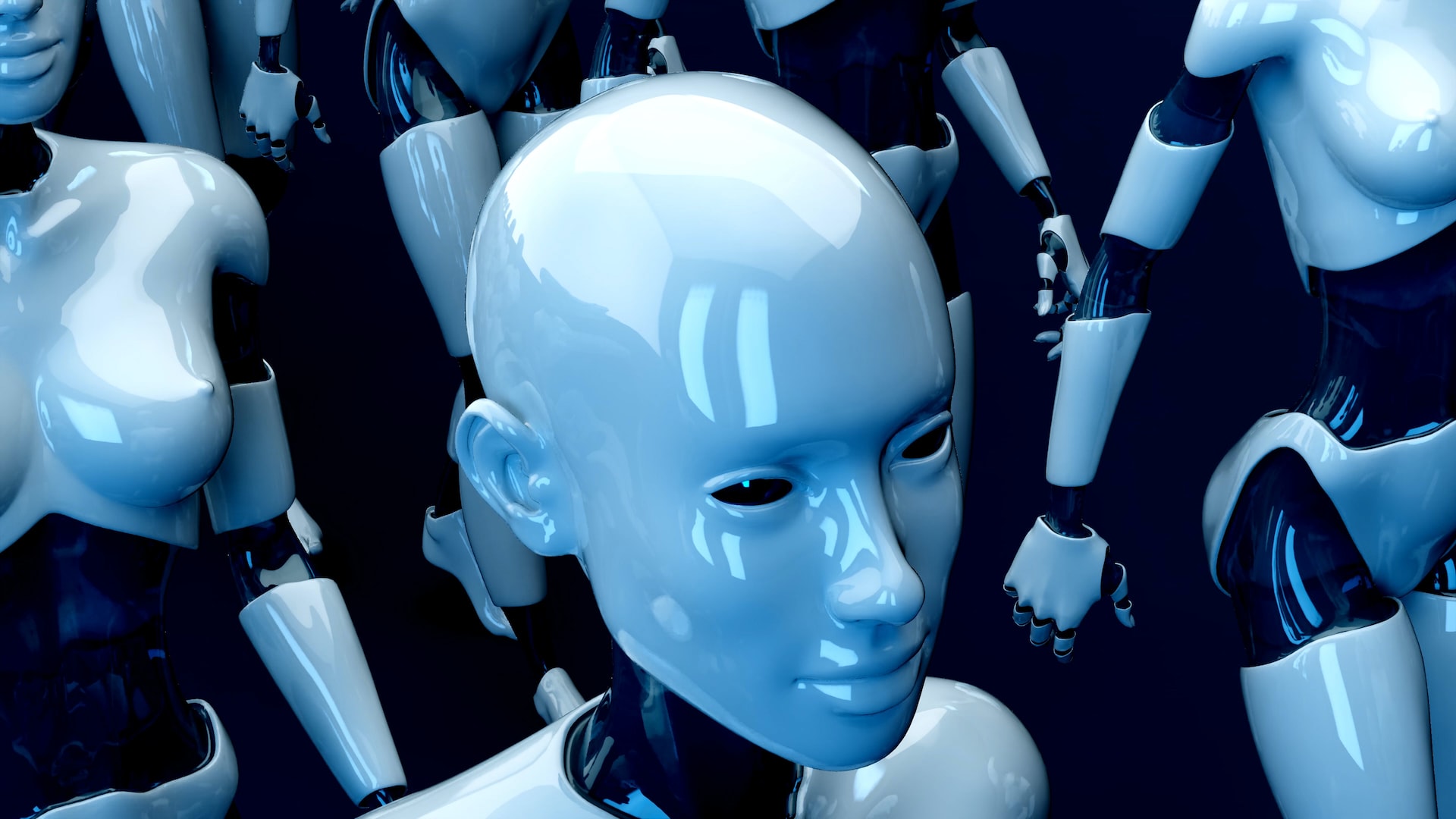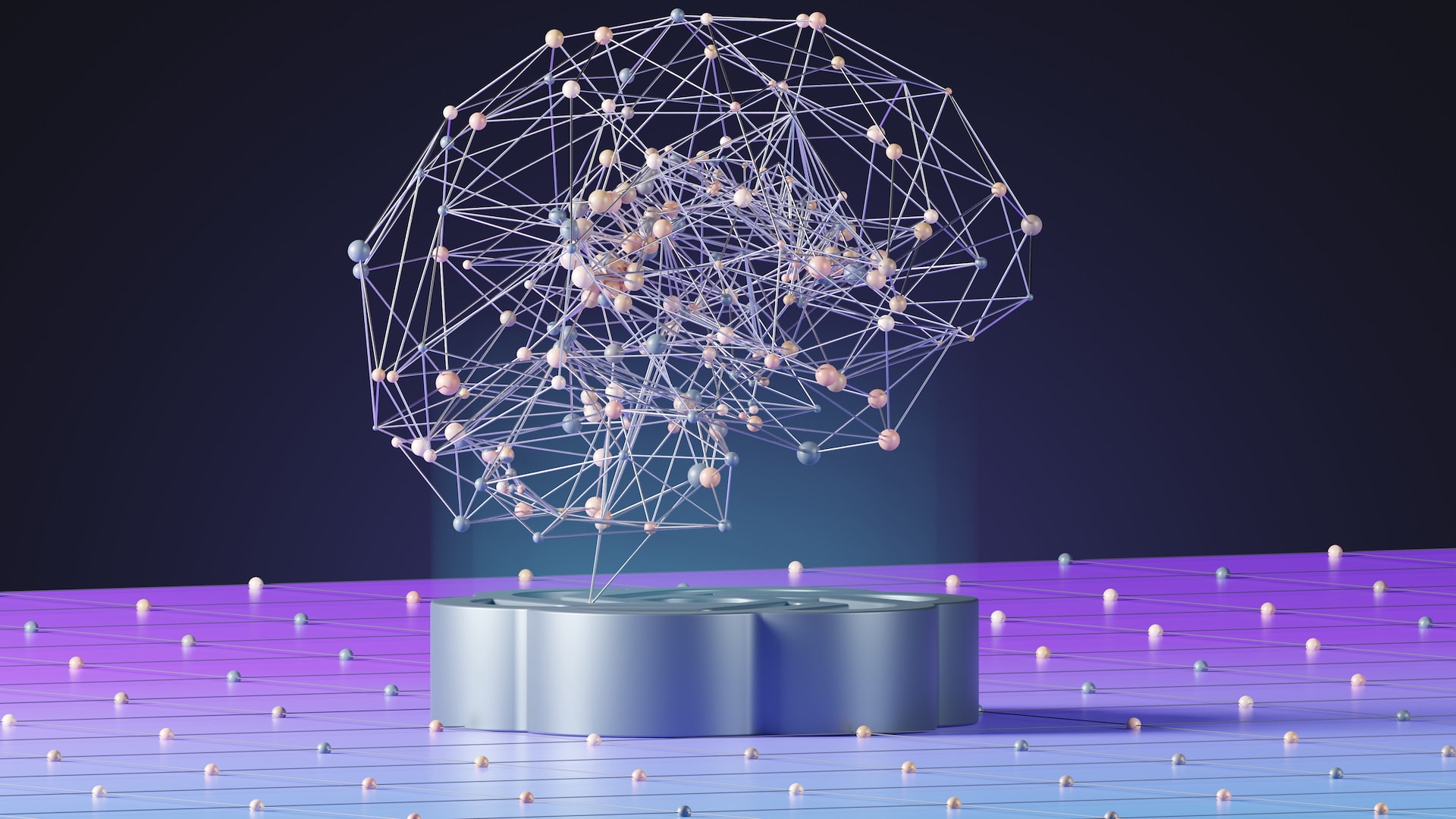Generative AI vs. Artificial General Intelligence (AGI): What's the Difference?
Kodexolabs

Introduction
In the changing era of artificial intelligence (AI), two terms frequently discussed are Generative AI and Artificial General Intelligence (AGI). While both fall under the broad umbrella of AI, they embody distinct aspects of machine intelligence.
This blog aims to clarify the disparities between Generative AI and AGI, shedding light on their distinctive features, applications, and the potential implications they hold for the future.
Understanding Generative AI
Generative AI refers to a subset of algorithms crafted to generate fresh, lifelike data based on learned patterns and examples from existing data.
This form of AI excels in tasks such as image synthesis, text generation, and the creation of entirely new content, spanning art and music. Notable examples include OpenAI's GPT models and Google Deepmind’s Gemini AI, showcasing exceptional proficiency in natural language understanding and generation.
The distinctive feature of Generative AI lies in its ability to create content not explicitly programmed or taught to the model. Instead, it assimilates patterns and structures from extensive datasets during the training phase, enabling it to generate novel and contextually relevant outputs.
Mitigating the Risk of Human Errors
While it is commonly understood that automating tasks enhances efficiency, the question arises: how does AI reduce human error?
The integration of AI technologies, such as Generative AI, serves as a potent ally in mitigating human error by automating repetitive and rule-based tasks. This minimizes the risk of mistakes stemming from fatigue, distraction, or oversight.
This proves particularly crucial in precision-dependent industries like healthcare, finance, and manufacturing. Integrating Generative AI development services not only reduces human effort but also enhances company efficiency in performance.
AI's ability to swiftly and accurately analyze vast datasets contributes to improved decision-making processes, thus mitigating the impact of human error in critical scenarios.
What is Artificial General Intelligence (AGI)?
Artificial General Intelligence (AGI) encapsulates the concept of machines possessing human-like intelligence across a diverse spectrum of tasks and domains. In contrast to the focused nature of Generative AI, AGI implies a level of versatility and adaptability comparable to human intelligence. AGI systems would possess the ability to understand, learn, and apply knowledge in various contexts, mirroring the capabilities of the human mind.
The development of AGI remains a significant goal in the field of AI. Achieving AGI necessitates machines mastering not only specific tasks but also gaining a generalized understanding of the world, empowering them to autonomously tackle unfamiliar challenges.

Challenges in AI Development:
Addressing challenges in AI development, such as bias, is crucial. Bias in AI systems, stemming from training data, can lead to unfair and discriminatory outcomes.
Leading organizations like Google, Microsoft, and OpenAI actively work towards mitigating bias in AI, underscoring the importance of ethical considerations in the deployment of AI technologies.
Striving for advancements and ensuring fairness and transparency in AI algorithms is paramount for building trust and fostering responsible AI practices.
Limitations and Disparities
While Generative AI showcases the remarkable potential of machines to generate content and understand context, it falls short of the comprehensive cognitive abilities embedded in the AGI concept.
The transition from specialized tasks to true general intelligence poses significant challenges, encompassing ethical considerations and technical hurdles in developing machines with genuine comprehension and reasoning capabilities.
Despite these disparities, Generative AI serves as a stepping stone in AI evolution, contributing valuable insights and innovations. Research and advancements in Generative AI provide crucial building blocks for future AGI development.
Wrapping Up:
In conclusion, while Generative AI and AGI share common ground in the realm of artificial intelligence, they represent different stages on the evolutionary timeline. Generative AI, with its ability to create contextually relevant content, contributes to our understanding of machine intelligence.
AGI, on the other hand, remains an aspirational goal, holding the promise of machines attaining human-like cognitive abilities. The interplay between these two concepts sets the stage for a future where AI increasingly plays an integral role in shaping our world.
